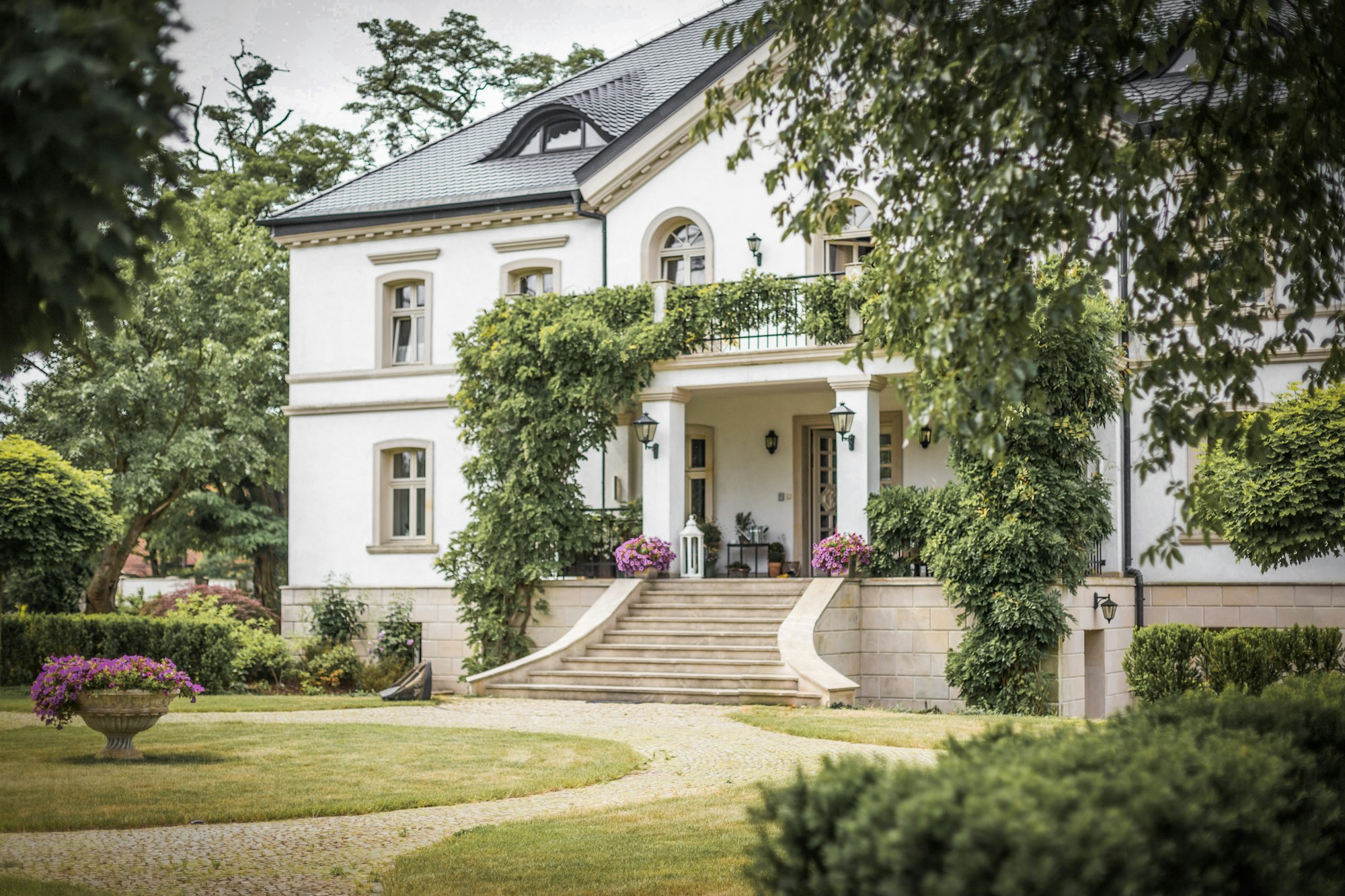William Butler Yeats, "The Choice"
Yeats proclaims that "[t]he intellect... is forced to choose / Perfection of the life, or of the work."

Yeats proclaims that "[t]he intellect... is forced to choose / Perfection of the life, or of the work."
This is quite a statement. I cannot recall, even in my most pretentious moments, saying that I need to choose "perfection," let alone "perfection of the life, or of the work." Then again, I do not have talent and ambition comparable to Shakespeare or Milton. Yeats does. Perhaps he sees his efforts as simply different. If a few days can create a short lyric which people immediately memorize, then "perfection... of the work" is the most reasonable choice. Yeats seems to conclude the same, ignoring "[p]erfection of the life" in any serious detail, claiming that there can be no "heavenly mansion," only "raging in the dark."
When I commented on this poem before, I argued that there is no actual choice. Perfection of the work is all one has, whether one is a generational talent or not. Even if one wants to perfect one's life, there's a work involved, a specific craft. Think about all the people obsessing over HGTV and trying to make their little house, well, perfect. The artisans involved are multiple and their tasks must be carried out with the utmost precision. One might argue that something as simple as prayer can depend on certain flawless details.
Now I think it's worth talking about perfection of the life. What a strange phrase: "the life," as if "life" weren't something that we were the in middle of, this very moment. But we know people trying to perfect "the life," and I do mean "perfect."
The Choice W.B. Yeats The intellect of man is forced to choose Perfection of the life, or of the work, And if it take the second must refuse A heavenly mansion, raging in the dark. When all that story’s finished, what’s the news? In luck or out the toil has left its mark: That old perplexity an empty purse, Or the day’s vanity, the night’s remorse.
I'm thinking about those who need everyone around them to play their role exactly. They're in denial and often have power, so others not only do what they say but don't dare challenge their ridiculous views of the world. If it sounds preposterous that some live in self-constructed fantasies, I would like to point to our billionaire class, which shapes reality for the rest of us while never actually having to deal with it themselves.
Is there a more serious perfection of the life? Yeats does not give us a direct answer. He rages at "raging in the dark," saying about perfection of the work that "[i]n luck or out the toil has left its mark." If you want to truly master your craft, your scars from the work will show. You'll puzzle over whether things could have been better–whether you could have chose "the life"–but that will be "an empty purse," "the day's vanity," "the night's remorse." In other words, if you think about perfection of the life because of the costs of the alternative, you're wasting time. There's no wealth to be had, just wasted daylight and sleep.
Still, I think we can take his dismissal as indirectly indicative of what makes a good life. I mean, wealth is nice. So is taking pride in the day and sleeping well. And people do believe the talent and effort used for being publicly successful could be used for quieter, private gains. Instead of chasing an audience by mastering YouTube, you could spend that time thinking about how to be a bit more generous toward a few more people in your life and following through.
Is that a "heavenly mansion?" I mean, literally, yeah. That's where beatitude and virtue cohere. "Blessed are the merciful, for they will be shown mercy" is about how what we choose to be can envelop the world. The heavenly reward doesn't have to come from heaven itself.
What I find interesting is how one gets the most out of learning anything. You actually don't get the most by learning a skill and then winning all the time with it. In fact, the most useful or triumphant results are pretty worthless. It's something more like the logic of beatitude in relating knowledge to action that's the real game. You study for your test on Congress and are ready to go with how the Senate is an important check on the House. You get a B- on the test because you were imagining the textbook to say more than it was saying. You go back and read the news and the opinions of various historians and it hits you how anti-democratic the Senate always has been. You're angry, you could get an A, but what you have–the beginning of a real understanding of the world–is so much more valuable than a grade.
That is my response to Yeats' complaint about the exhaustion of work: "When all that story’s finished, what’s the news?" If there is such a thing as perfection, it has nothing to do with writing Macbeth 2 and having critics regale it as "better than the original." The only real "perfection" is whether one realizes something new about being here, in this life. That would mean "perfection of the life" and of the work have less to do with your editing process and a lot more to do with whether one could be a good audience. That sounds strange to us, the notion of knowledge as its own legacy, but it circles back to Yeats' premise. Is the intellect forced to choose anything?
